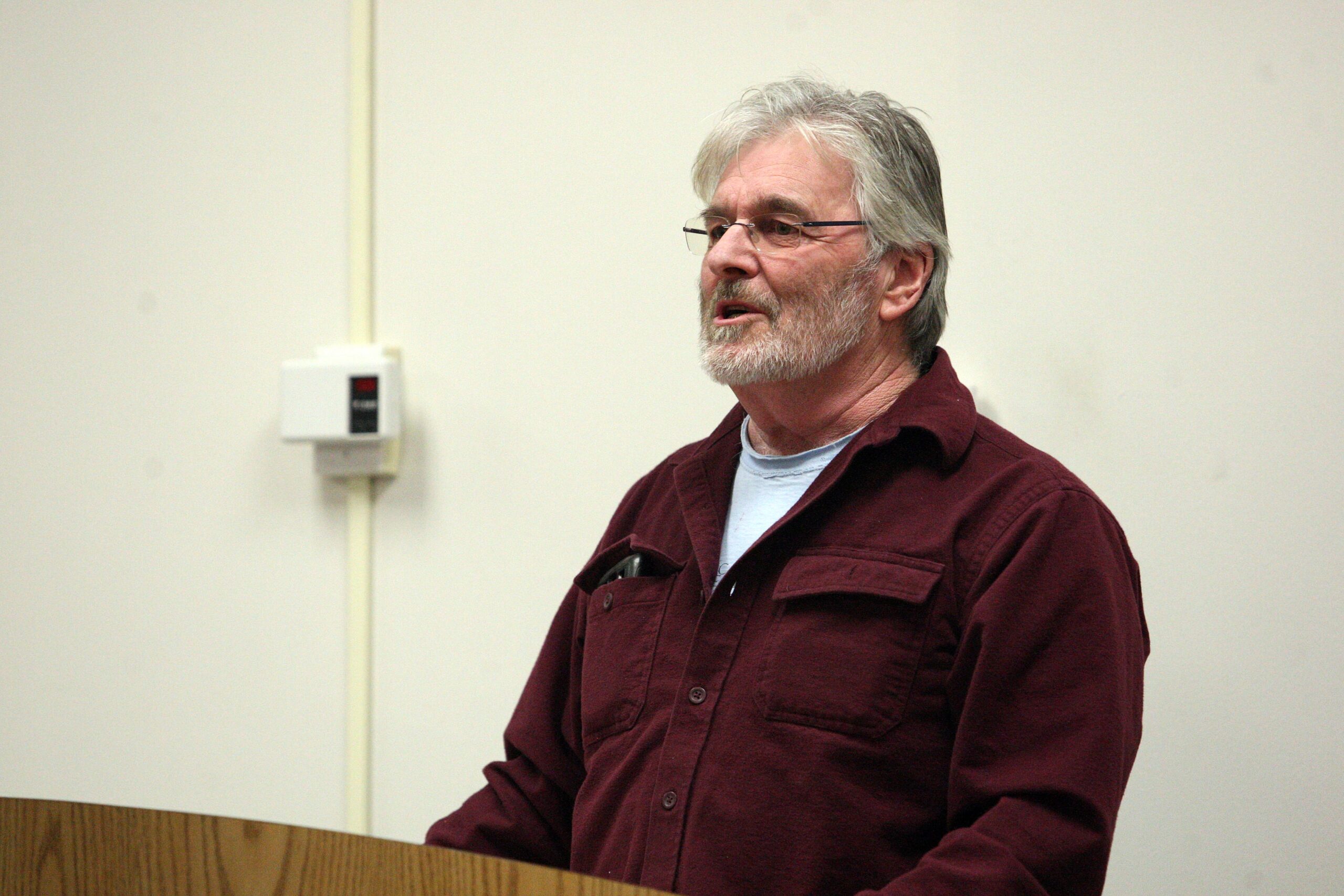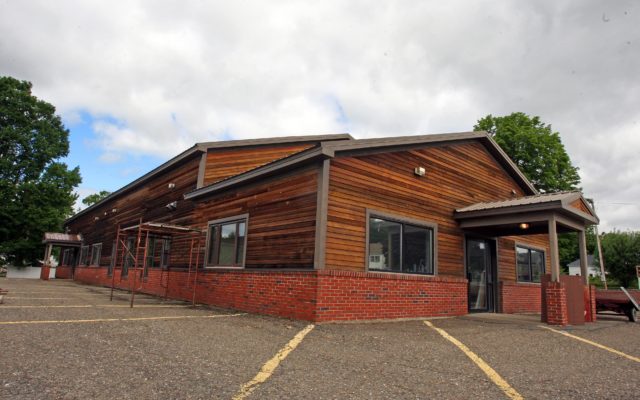
HOULTON, Maine — Town councilors approved zoning changes at their last meeting allowing religious assembly in the residential business district.
The action came nearly four months after the owner of a building in the district asked the councilors to intervene on his behalf after the local planning board twice denied his request for a variance in the ordinance.
Larry Holmes of Linneus had approached the town’s planning board early this year to request the exception so he could lease his vacant building to the local Church of Jesus Christ of Latter-Day Saints.
Holmes owns the 6,000-square-foot building that previously housed Portland Glass and Aroostook County Action Program’s daycare at 38-40 North St. in Houlton. The building has been on the market for three years, but Holmes did not see interest in the property until 2017, when members of the Latter-Day Saints contacted him and said they had outgrown their current location on 10 Pleasant St. in Houlton.
Church members expressed interest in leasing the building for five years with the option to buy the property after that time.
Holmes pointed out in his request that the residential business zone allowed 68 uses for property, including business office duplexes, pharmacies and assisted living facilities, but not churches.
But members of the planning board twice turned him down, indicating that if they allowed one church to locate in the residential business zone, they could not deny that right to another such religious establishment in the future. Furthermore, they said, allowing houses of worship in the district also could impact the ability of a restaurant or bar to open in the area since Maine law prohibits the sale of alcohol within 300-feet of a church.
After Holmes approached the councilors, town officials reconsidered.
The newly amended ordinance replaces the words “church, synagogue and or/parish house” with “places of religious assembly” and allows downtown to include a mix of commercial and mixed-use buildings, including civic, religious and residential facilities.
At their June 11 Council meeting, Town Manager William MacDonald recommended that the zoning change be implemented as it standardized the kinds of areas that places of religious assembly could be located.
The council also simultaneously defined the downtown area as the three business zones where liquor licenses are permitted. The change aligns with state law and allows restaurants and bars to coexist with religious assemblies within those zones.
MacDonald said that Town Attorney Dan Nelson had approved the ordinance and that he and Nelson had consulted with the U.S. Department of Justice on the zoning changes to assure that liquor laws were followed and that religious assemblies would be allowed. He said that religious assemblies will be allowed in all zones except for the industrial zone.
- This building, located at 38-40 North St. in Houlton, was the subject of a recent change in the zoning ordinance approved by the Town Council that would allow religious gatherings in the residential business zone. (Joseph Cyr)








